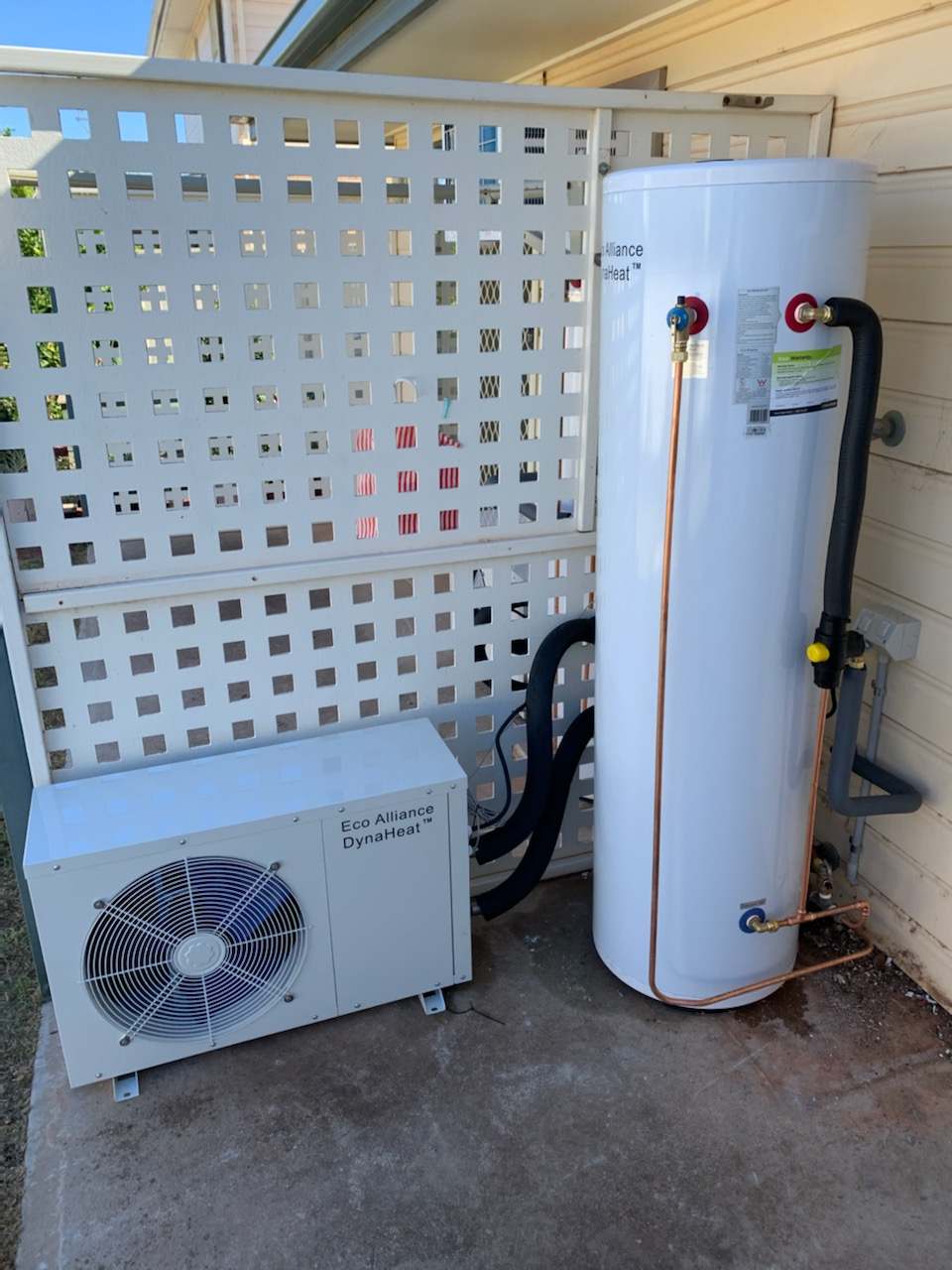How Water Heat Pumps Can Help You Reduce Your Carbon Footprint?
by Milla James Daily Business NewsHeating your water with electricity is one of the biggest contributors to your home’s carbon footprint. But what if there was a way to heat your water without using any electricity? Believe it or not, there is! Water Heat Pumps are a great way to reduce your reliance on electricity and help reduce your carbon footprint. In this post, we’ll discuss how water heat pumps work, how they can help you save money, and how they can help the environment.
What Is A Water Heat Pump?
A water heat pump uses electricity to move heat from one place to another. It can extract heat from the air, ground, or water. In the winter, a water heat pump can extract heat from the air and use it to warm your home. In the summer, it can extract heat from the ground or water and use it to cool your home. Unlike a gas furnace or air conditioner, a water heat pump doesn't produce any emissions. That's why they're considered a "green" technology.
How Does A Water Heat Pump Work?
A water heat pump is a device that uses the Earth's stable temperature to heat and cool your home. During the winter, a water heat pump can extract heat from the ground and use it to warm your home. The process is reversed during the summer, and the pump can extract heat from your home to cool it down. A water heat pump transfers thermal energy from one place to another. In the winter, it extracts thermal energy from the ground and uses it to heat your home. In the summer, it extracts thermal energy from your home and uses it to cool it down.

What Are The Benefits Of A Water Heat Pump?
Installing a water heat pump is one of the best ways to reduce your carbon footprint. They're an environmentally-friendly option that can help you save energy and money. Here are some of the benefits of using a water heat pump:
- They're highly energy-efficient, which means you'll save on your energy bills
- They're great for the environment since they reduce greenhouse gas emissions
- They can help make your home more comfortable and reduce your reliance on fossil fuels
How To Choose The Right Water Heat Pump?
Not all water heat pumps are created equal. So, how do you choose the right one for your home? The most important factor is the climate you live in. If you're in a colder climate, you'll need a model that heats your water as well as cools it. If you're in a warmer climate, you'll want a pump that just cools your water. You'll also need to consider the size of your home and how much hot water you use on average. Finally, it's important to pick a pump that's Energy Star certified. That means it meets strict efficiency guidelines, so you can be sure you're getting the most bang for your buck.
How To Install A Water Heat Pump?
Installing a water heat pump is a great way to reduce your carbon footprint and save on energy costs. Here are some simple steps to follow:
1. Determine the size of the unit you need.
2. Choose a location for the pump that has good air circulation and is close to a water supply.
3. Install the pump according to the manufacturer's instructions.
4. Connect the pump to your water heater and ductwork.
5. Set the thermostat and enjoy your savings!
Conclusion:
Installing a water heat pumps is a great way to reduce your carbon footprint and save money on your energy bills. Water heat pumps are more efficient than traditional heating methods, but they also work to cool your home in the summer months. If you're looking for a way to reduce your environmental impact and save money on your energy bills, a water heat pump is a perfect solution.
Sponsor Ads
Created on Apr 19th 2022 04:56. Viewed 208 times.




